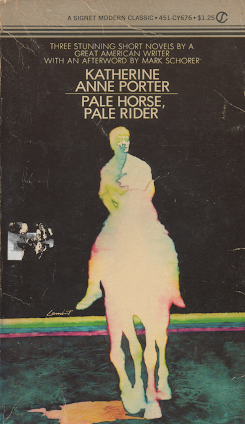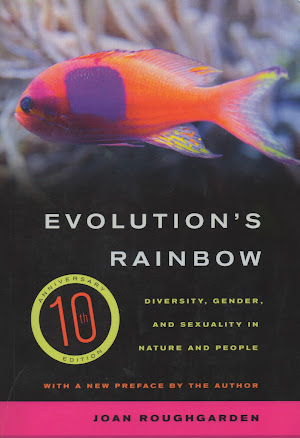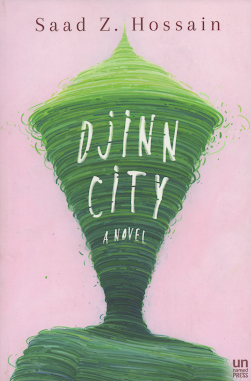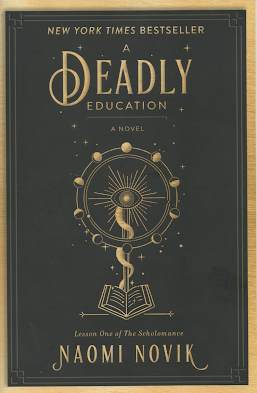First impressions review: Pale Horse, Pale Rider, by Katherine Anne Porter

This short volume is really a set of three short stories. “Short novels,” the author calls them…and I can kind of see why. They pack a lot of feeling, character development, and setting into a very short page count. Porter is excellent at evoking a particular time and place. I’m not sure if this quite counts as historical fiction, as the stories are set between the late 1885 and 1918, and were published in 1936 (so the author’s life overlaps with some of it), but there is a sepia-toned quality to them. In 'Old Mortality', two sisters from a well-to-do Texas family ponder the odd qualities of memory and nostalgia. They enjoy, for instance, the romantic stories of their beautiful Aunt Amy, who died tragically young, but they can’t see that romance in the stiff photo that remains of her, or the mothballed dresses and locks of ...




